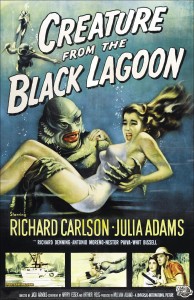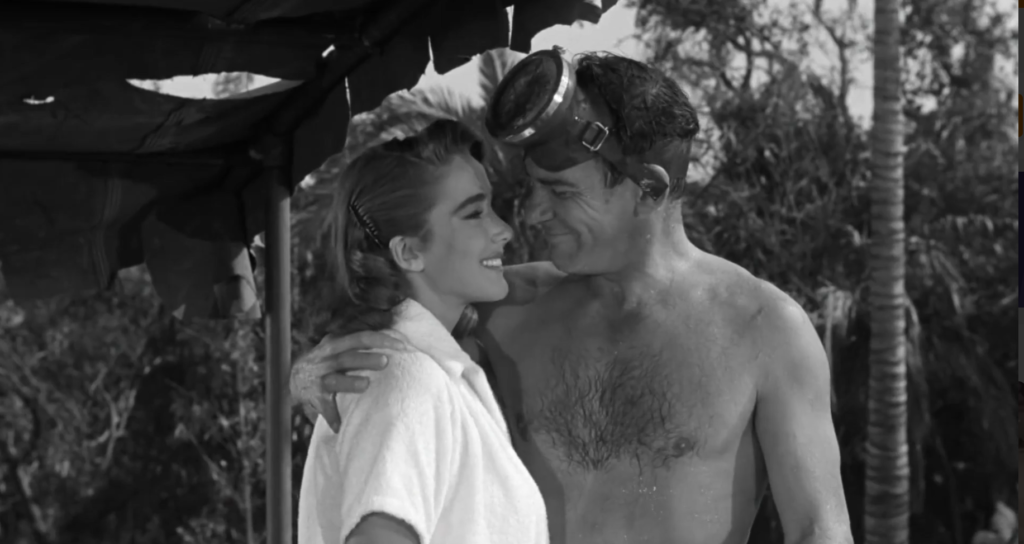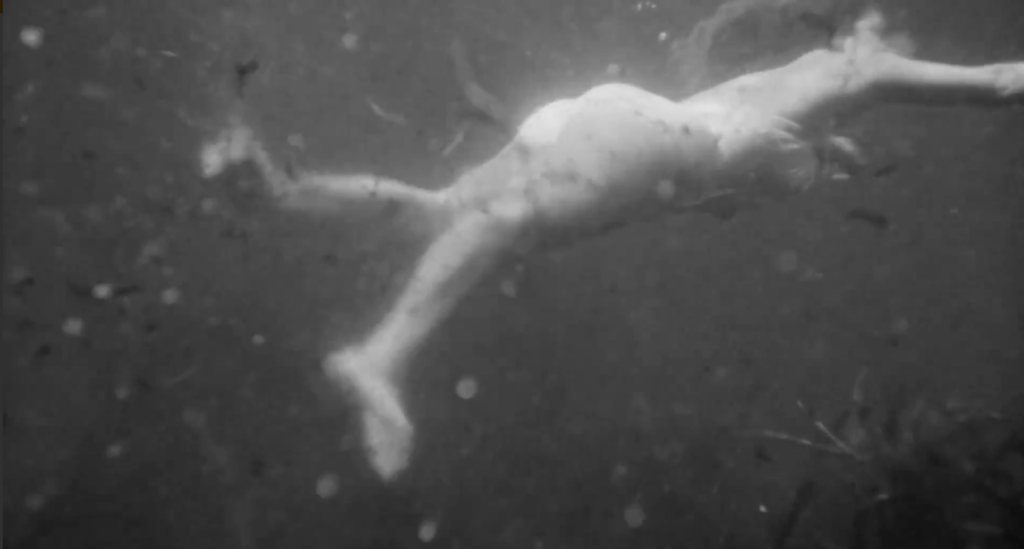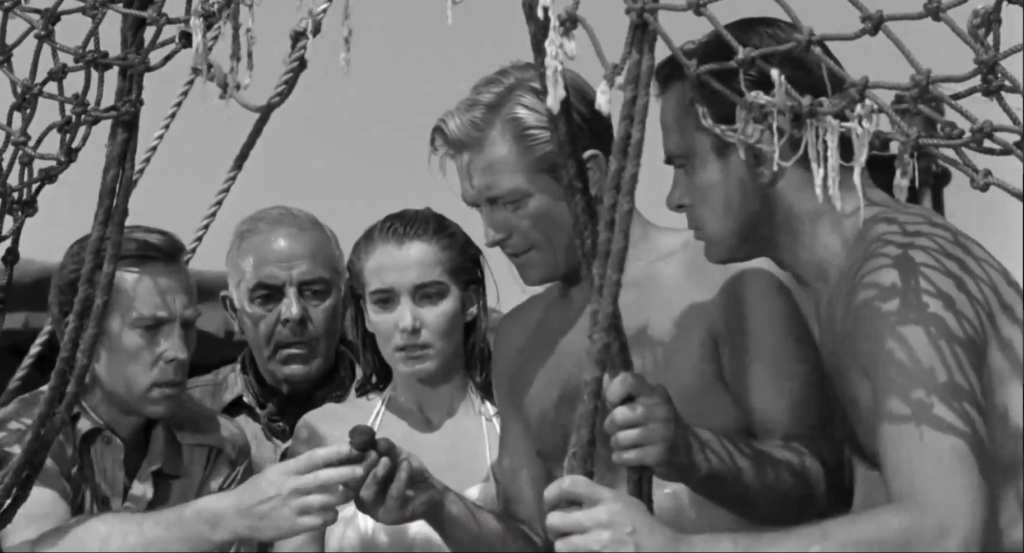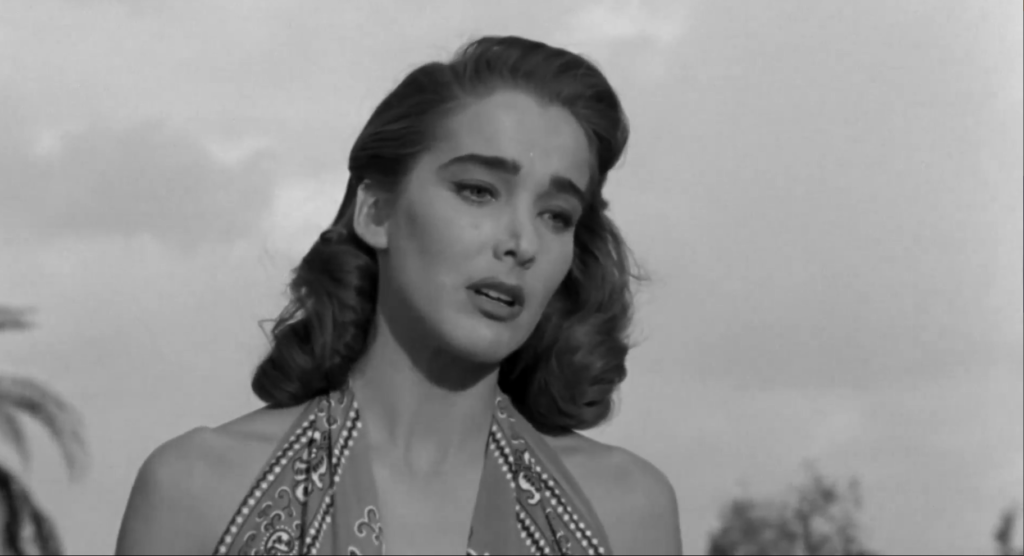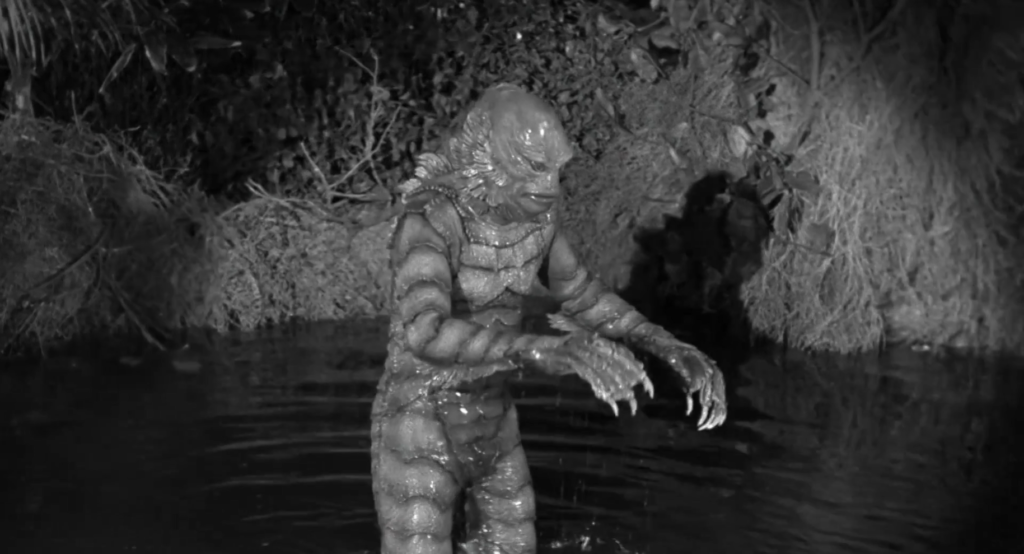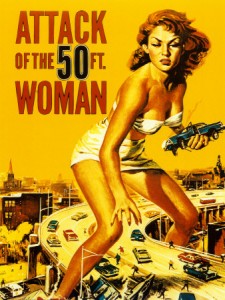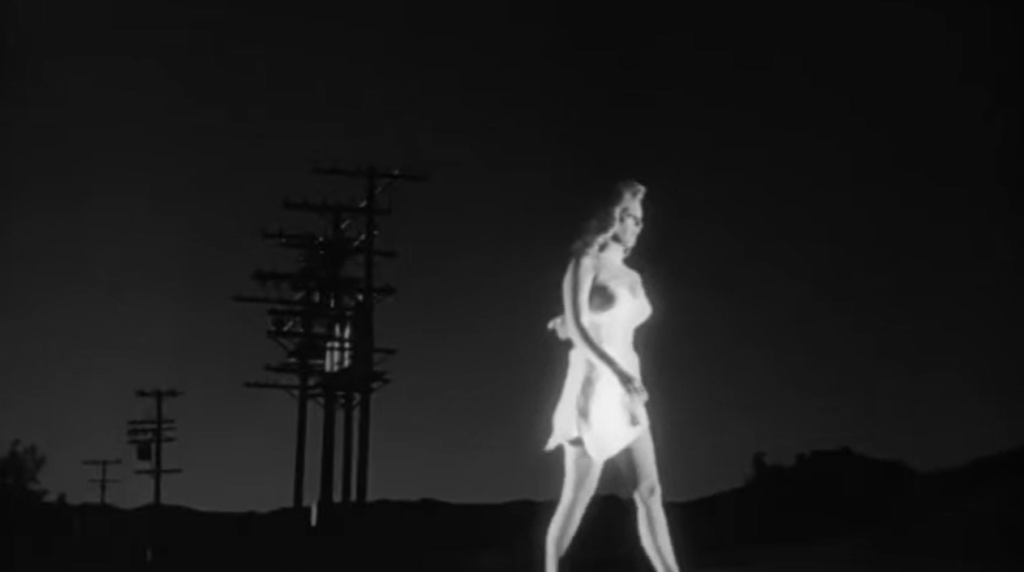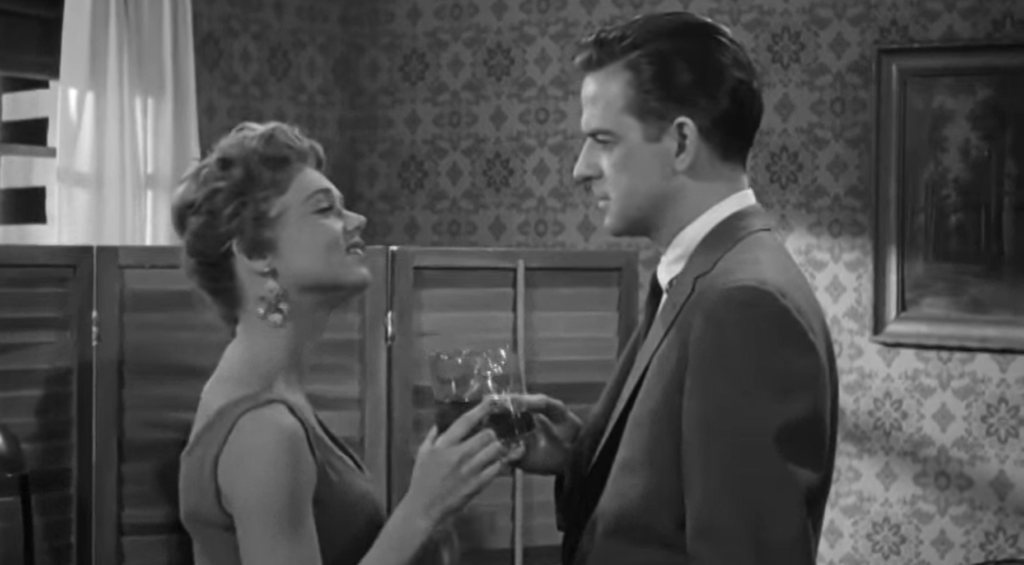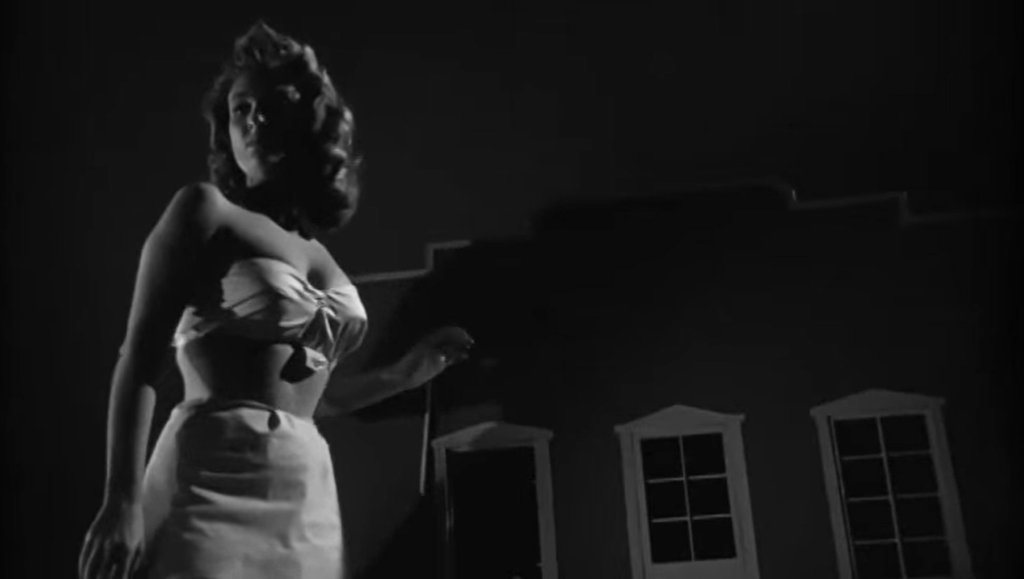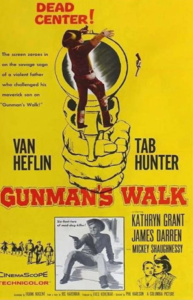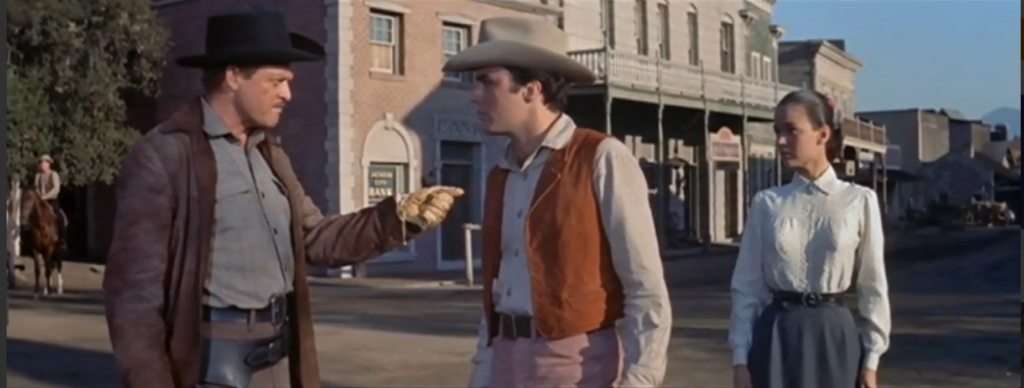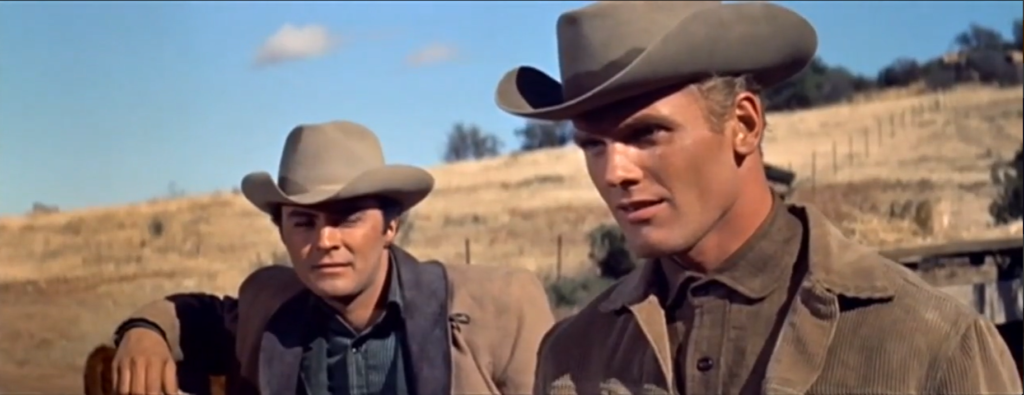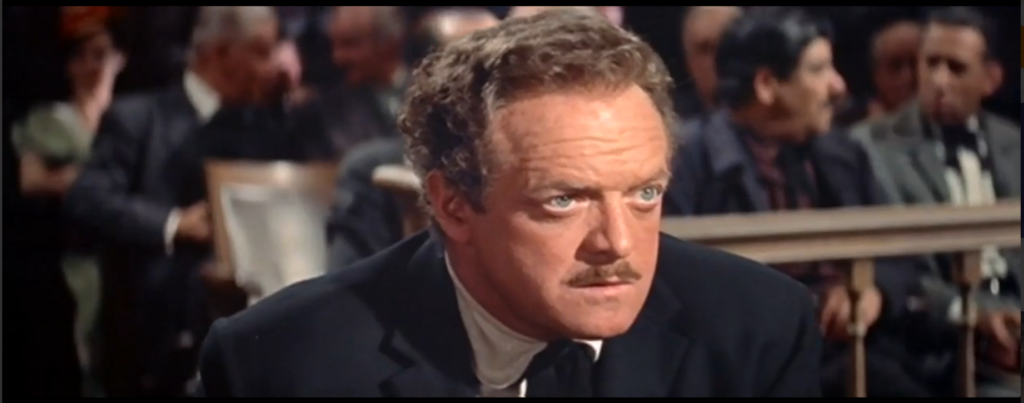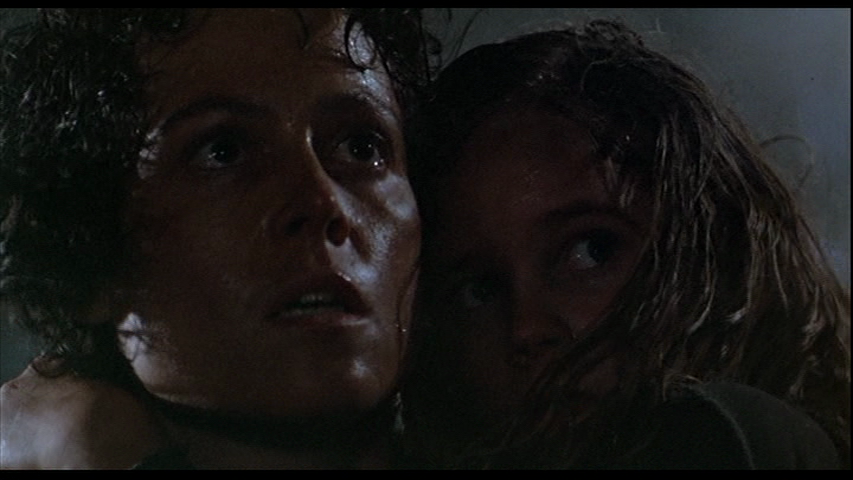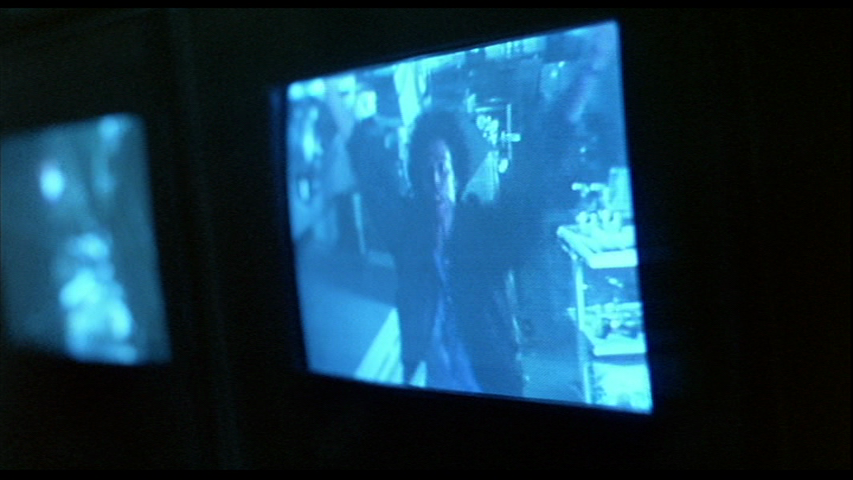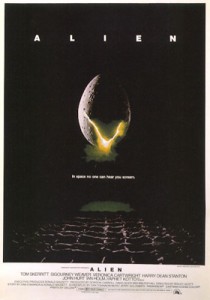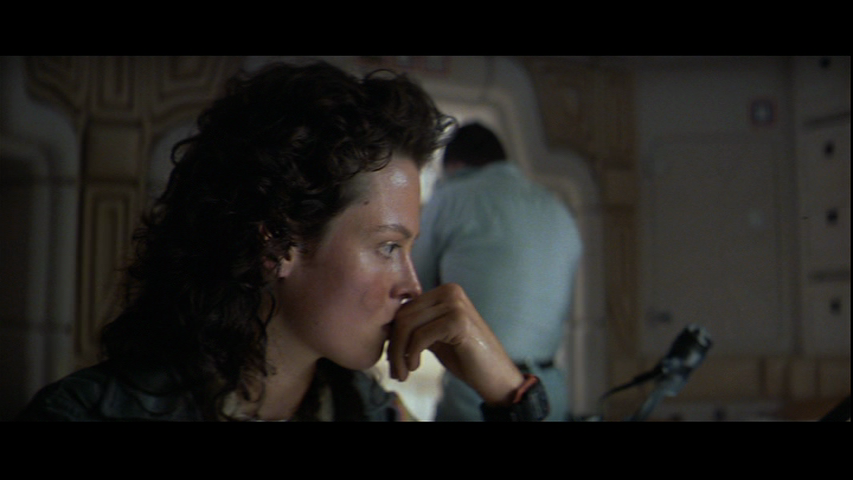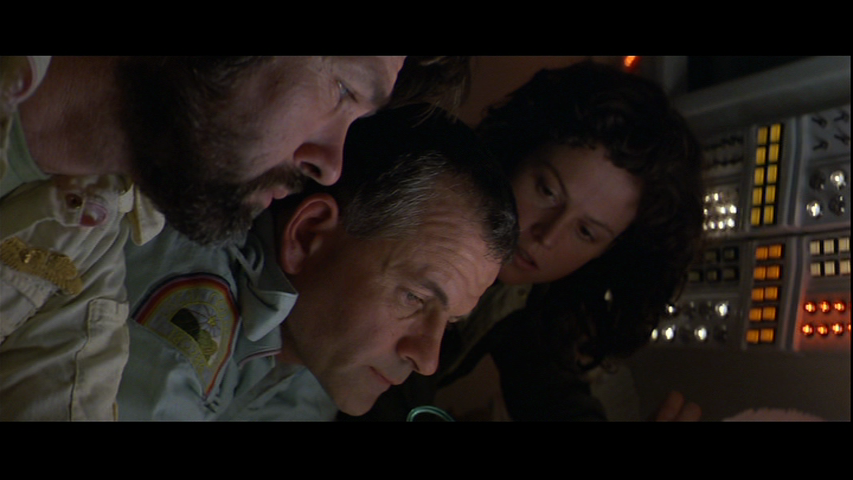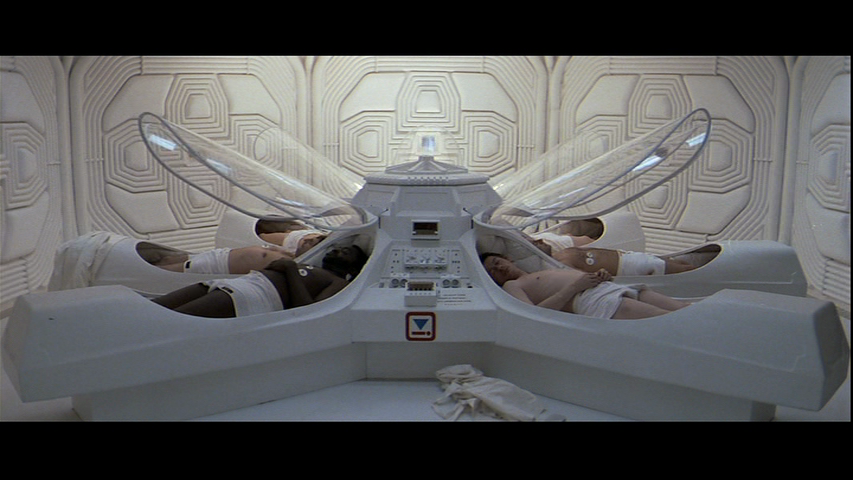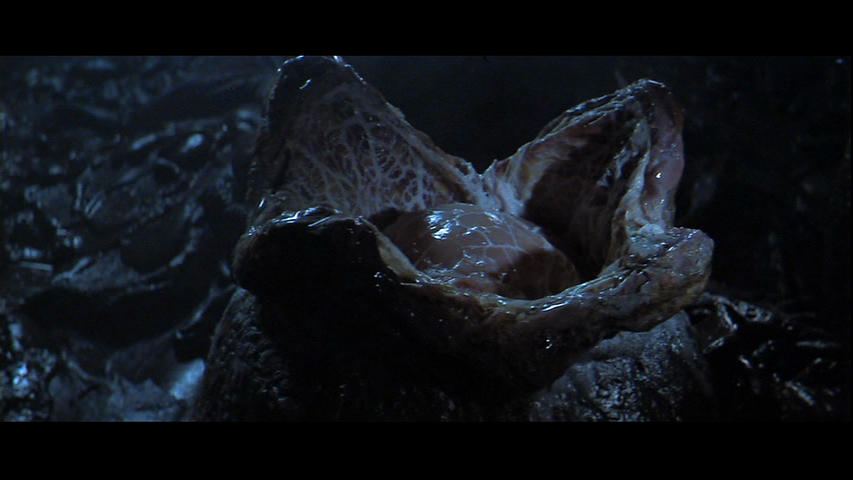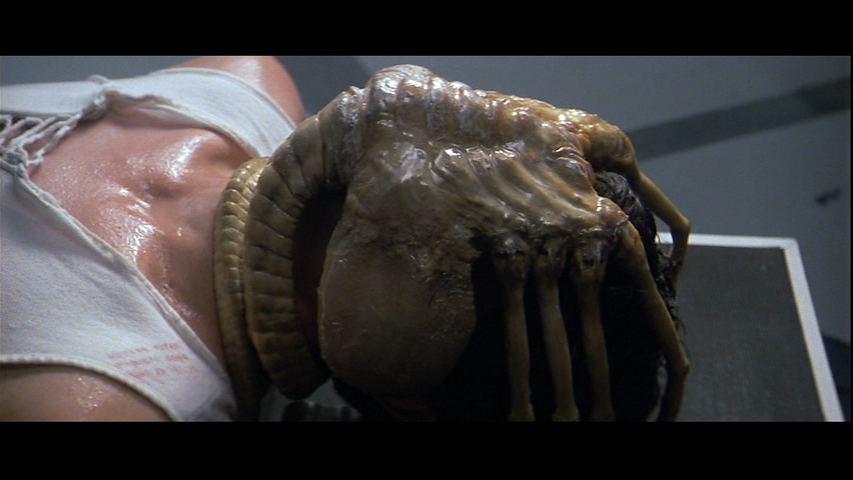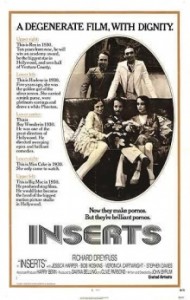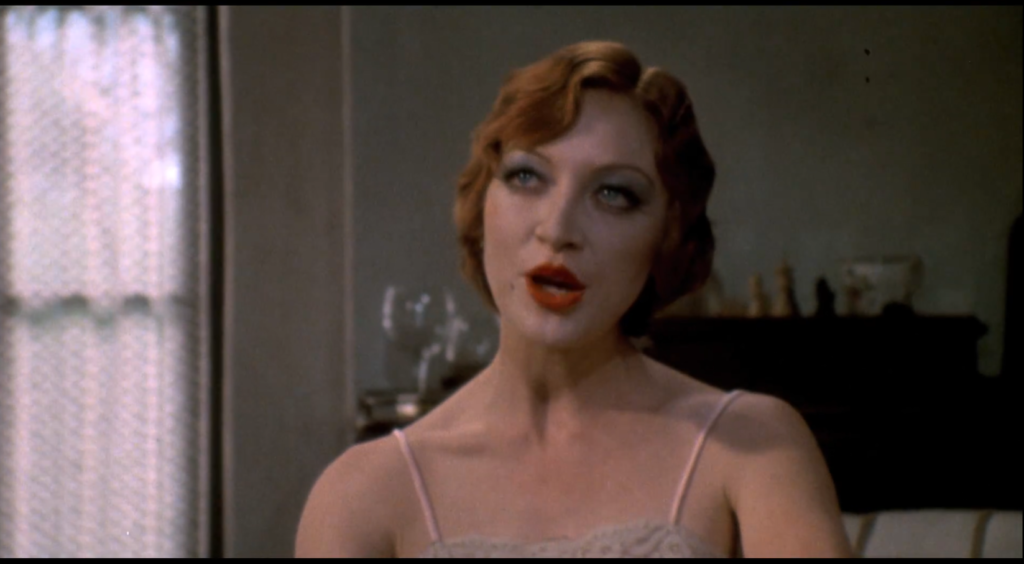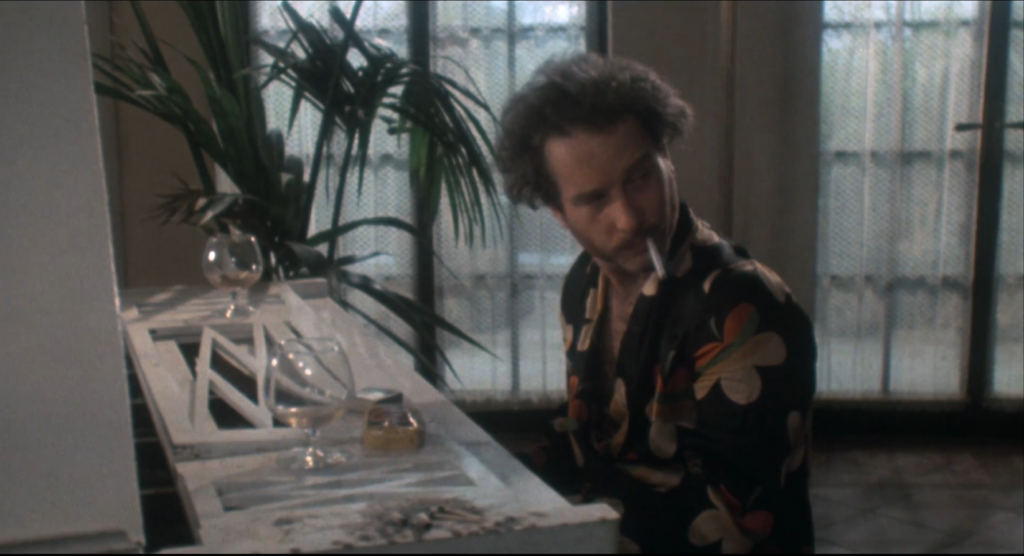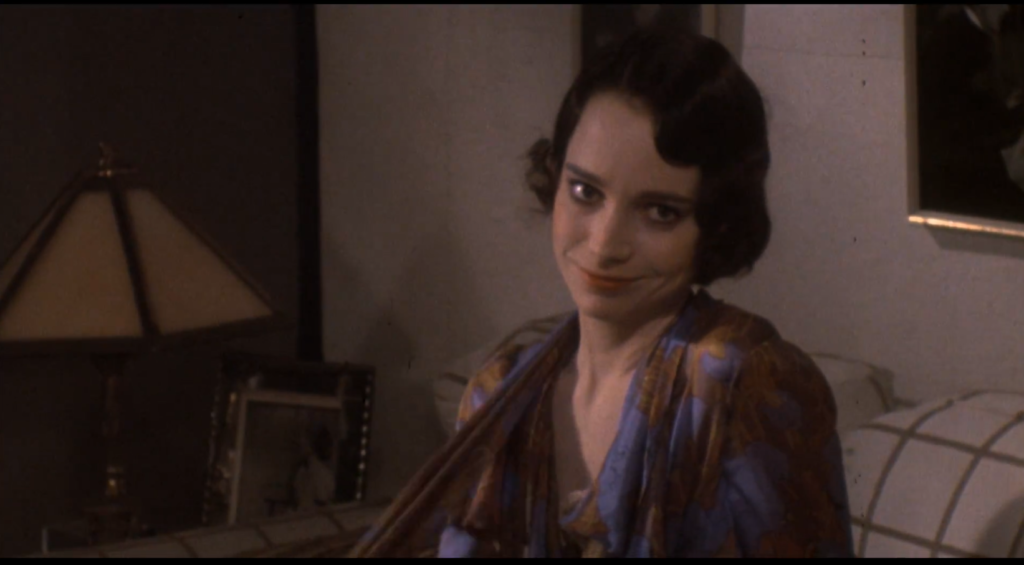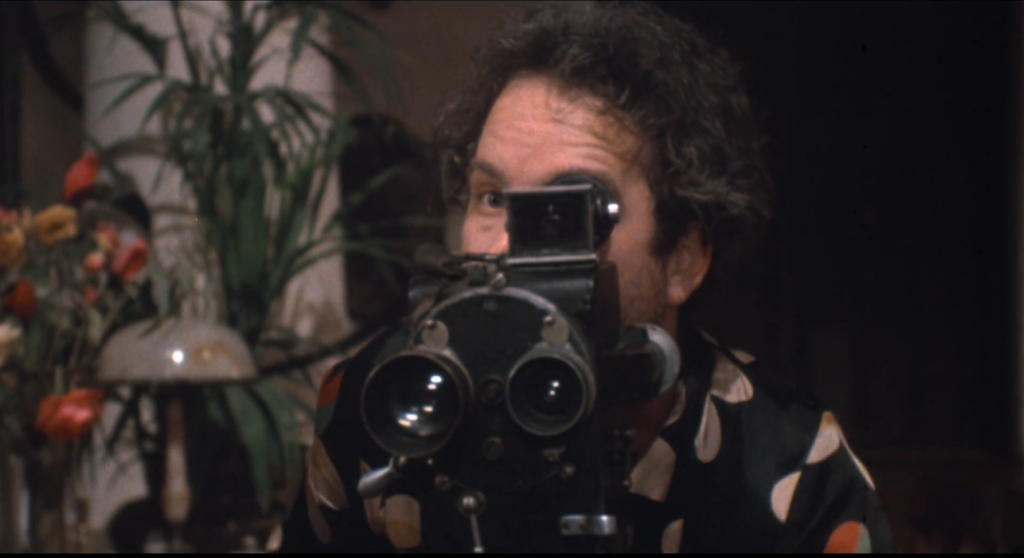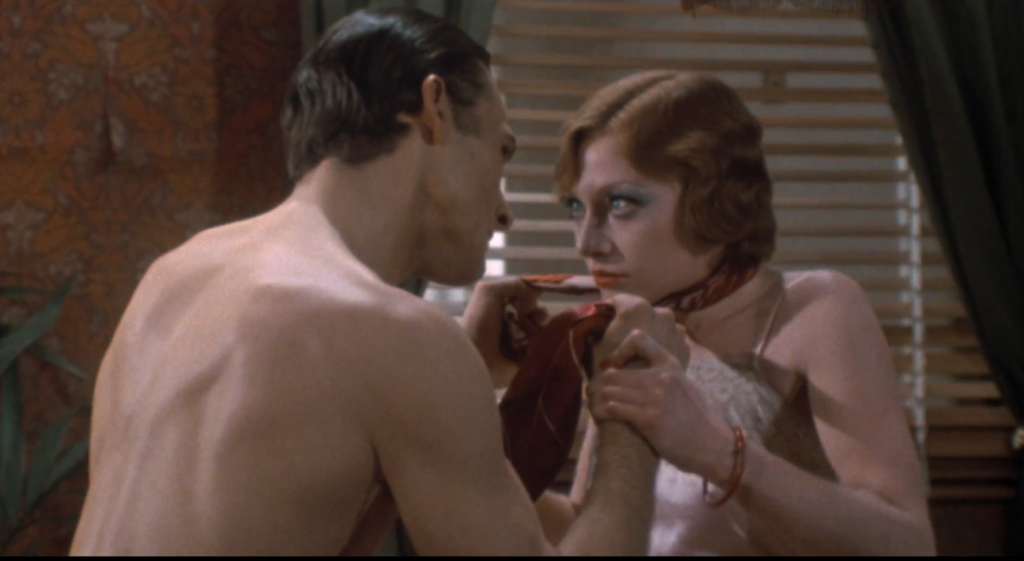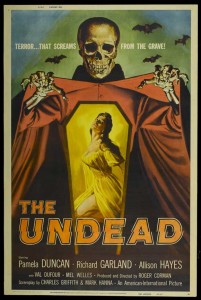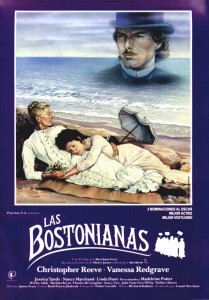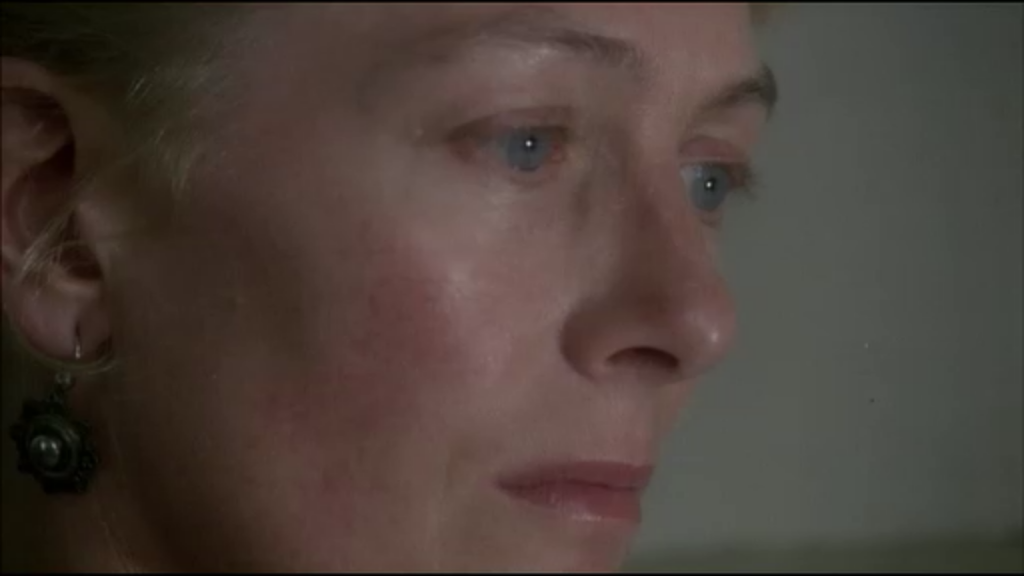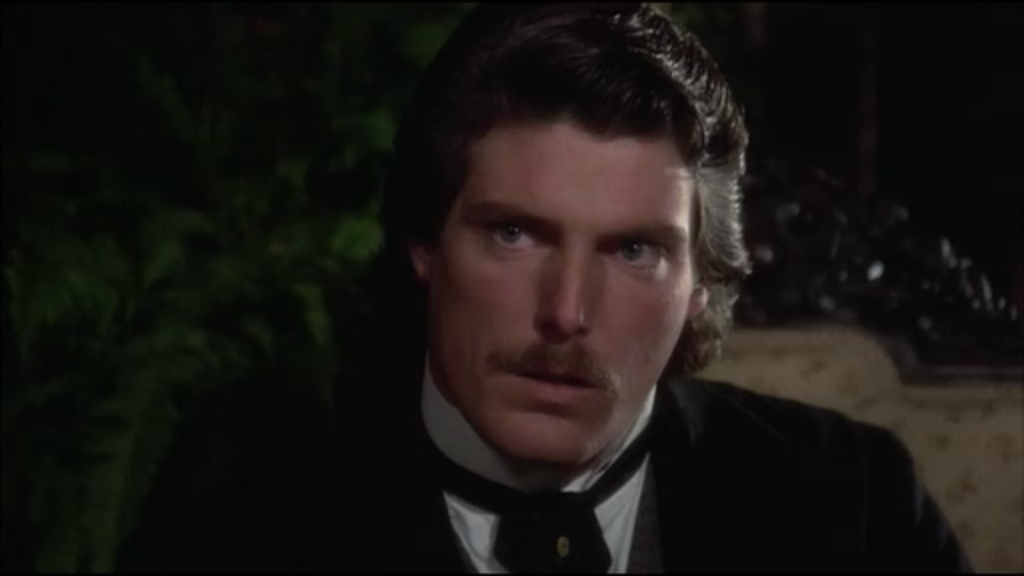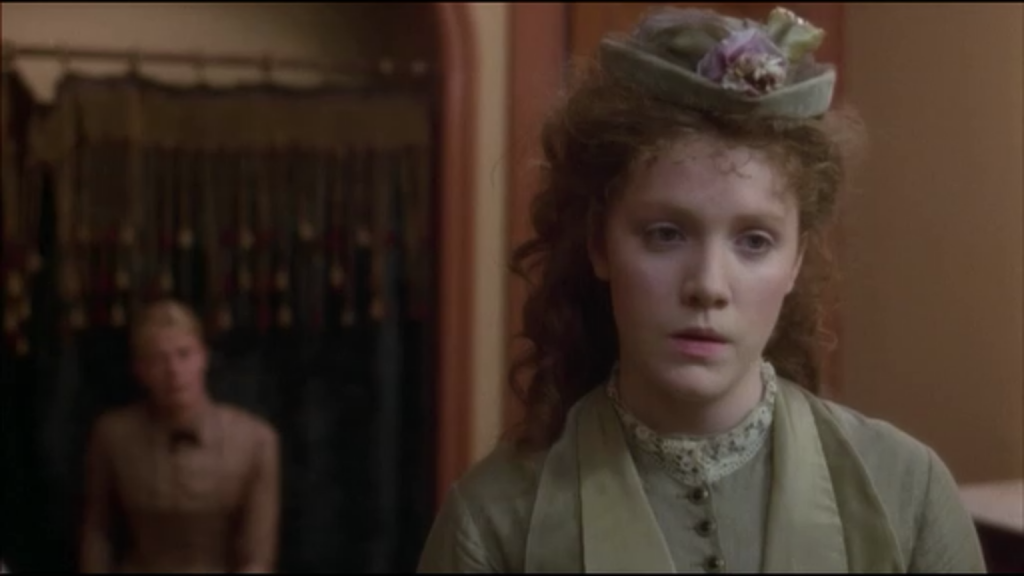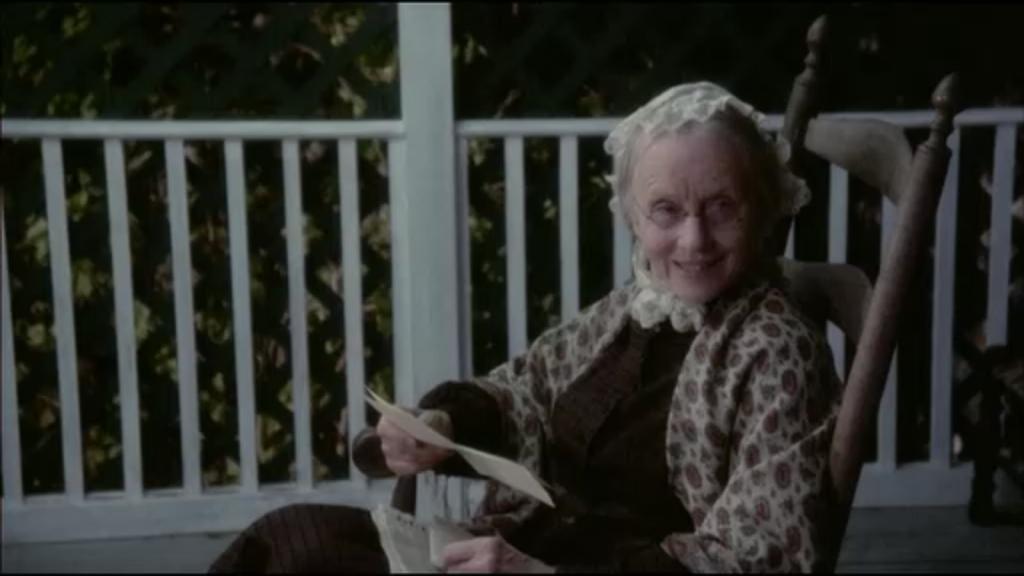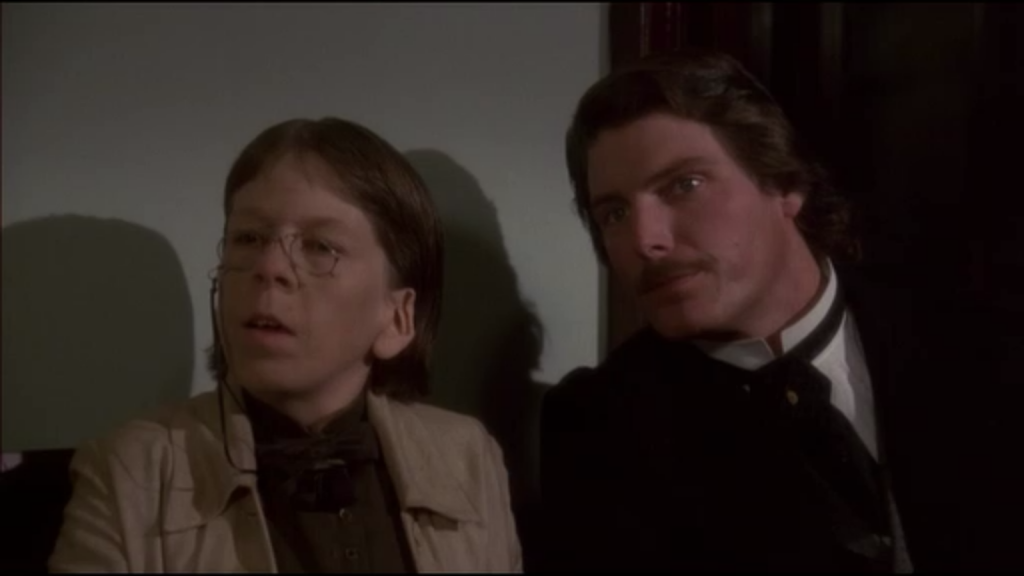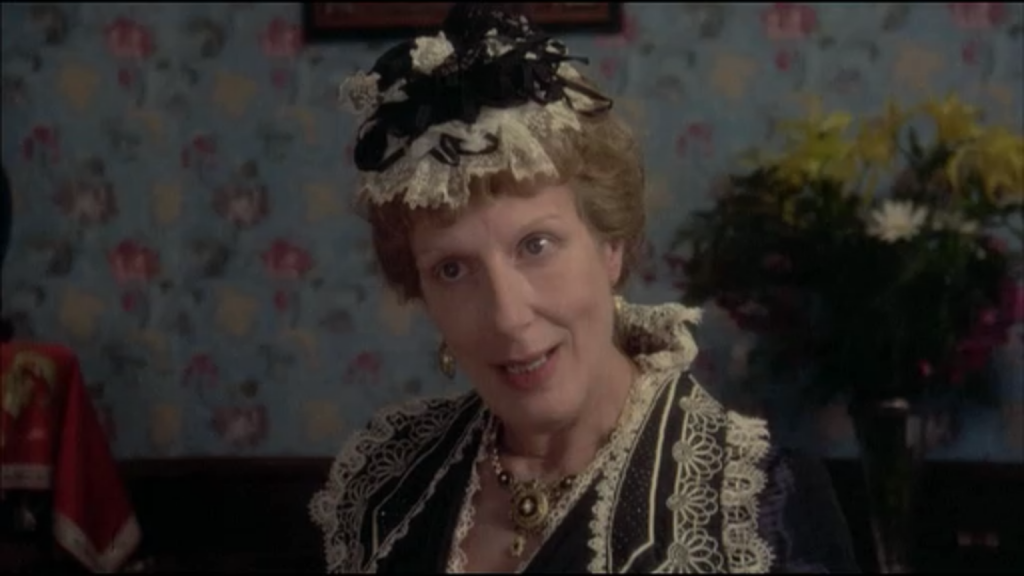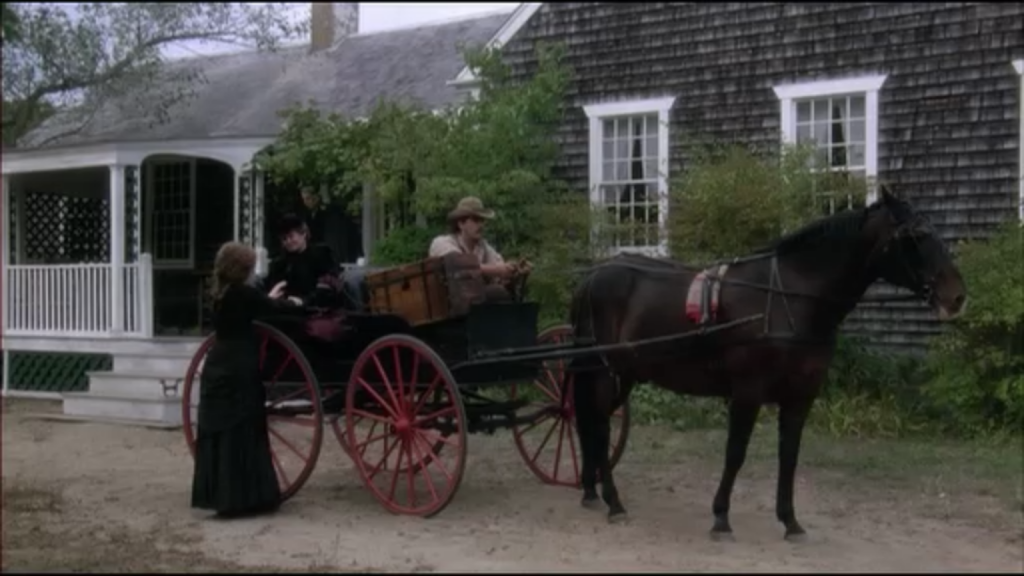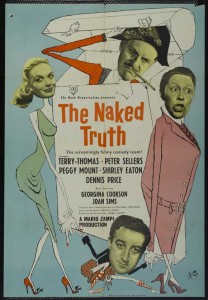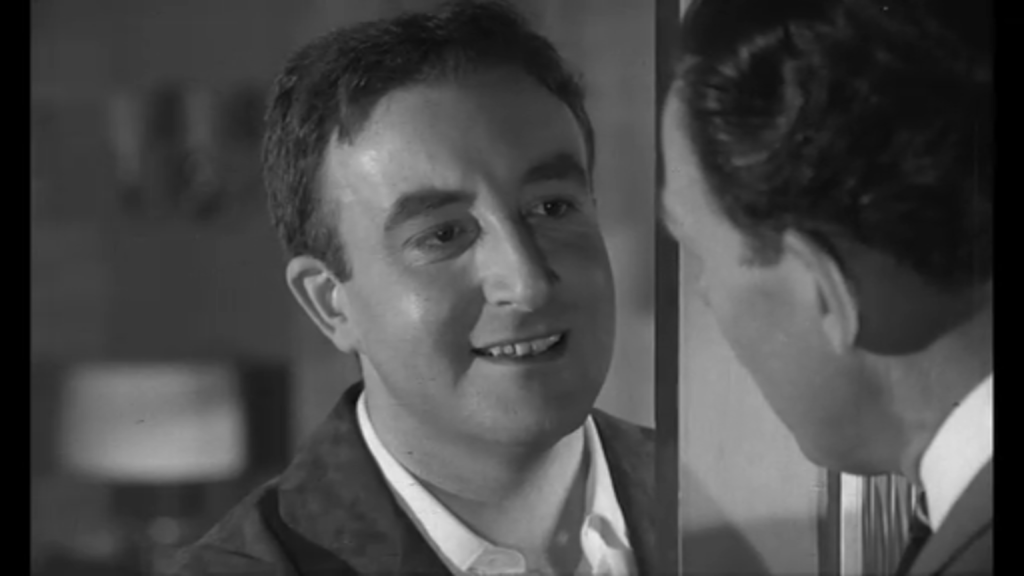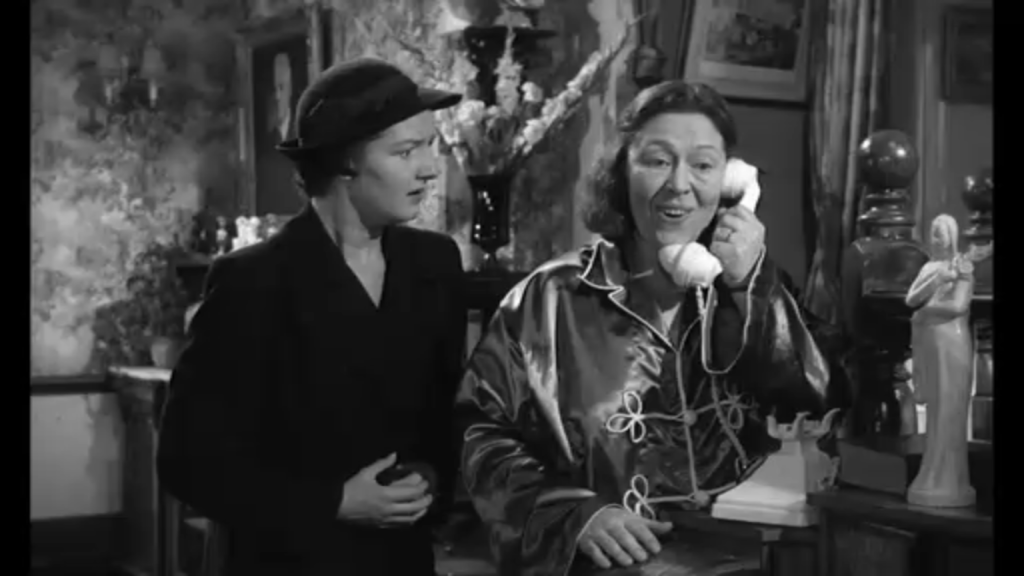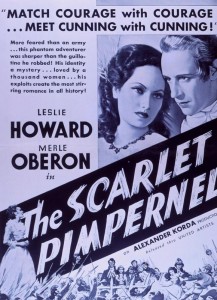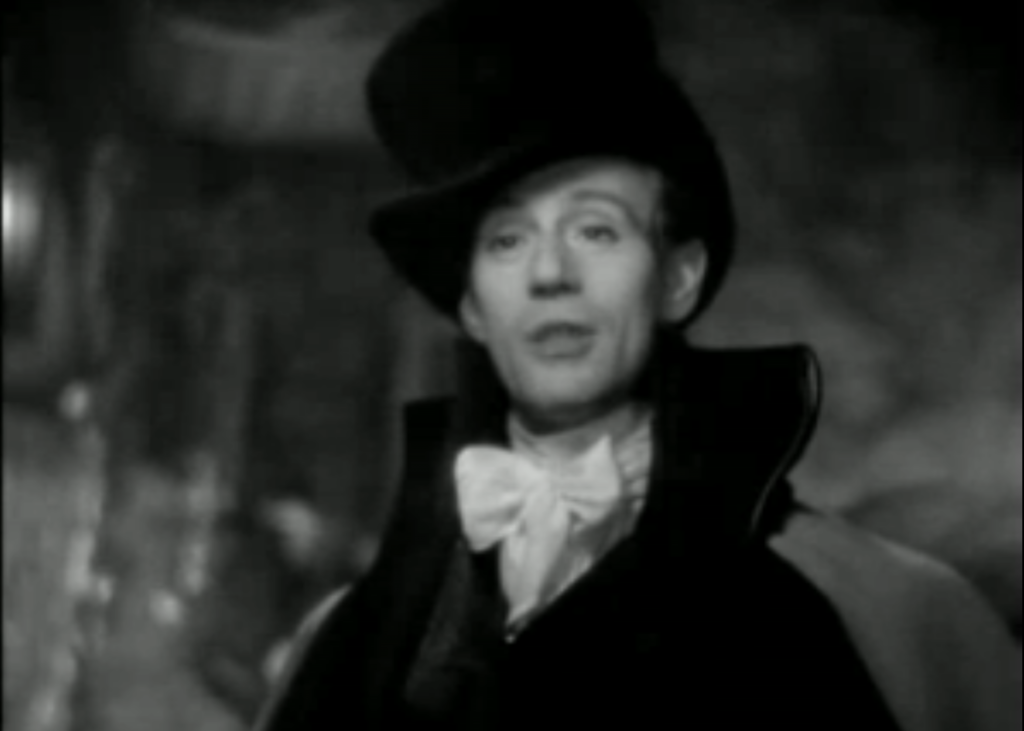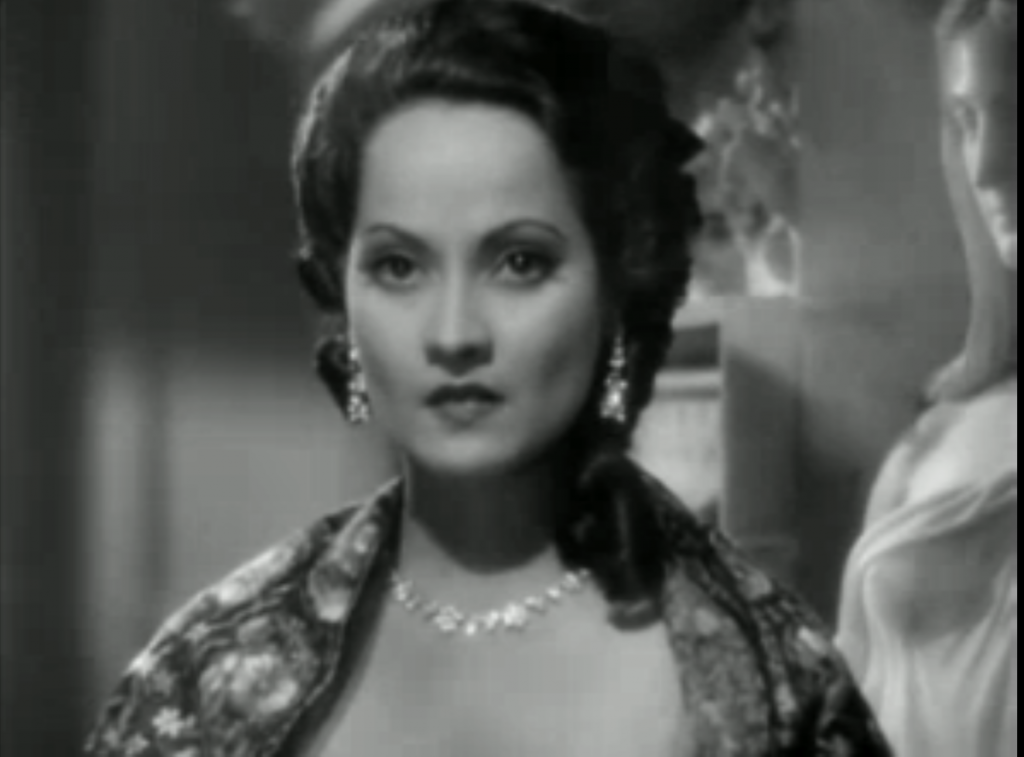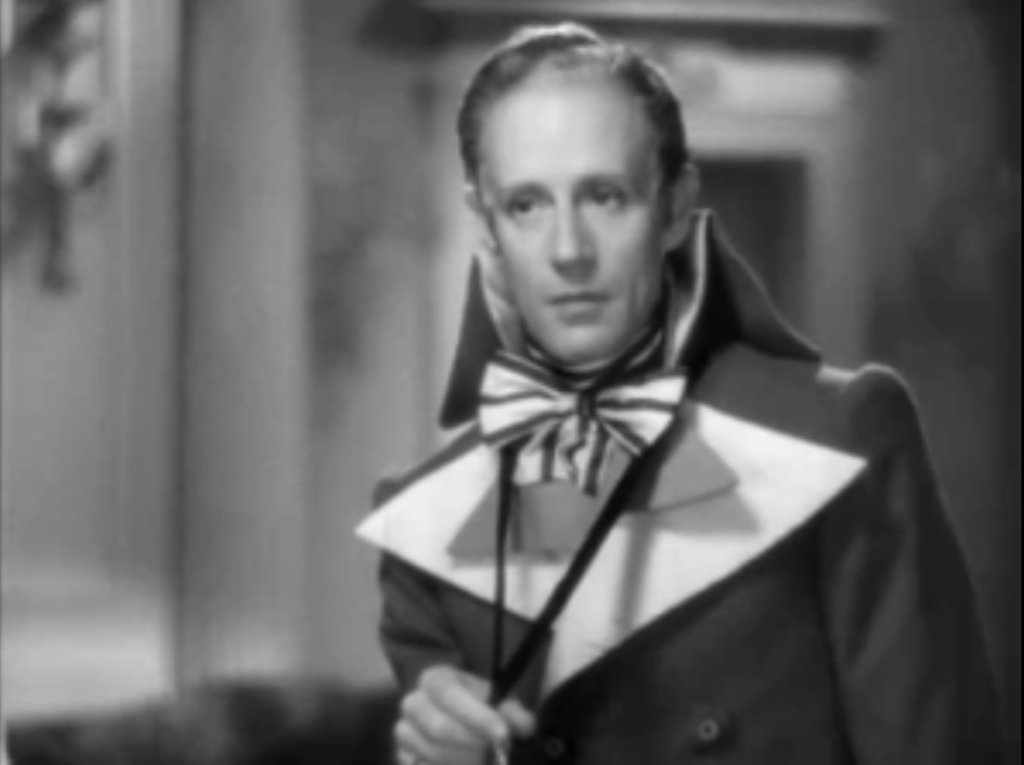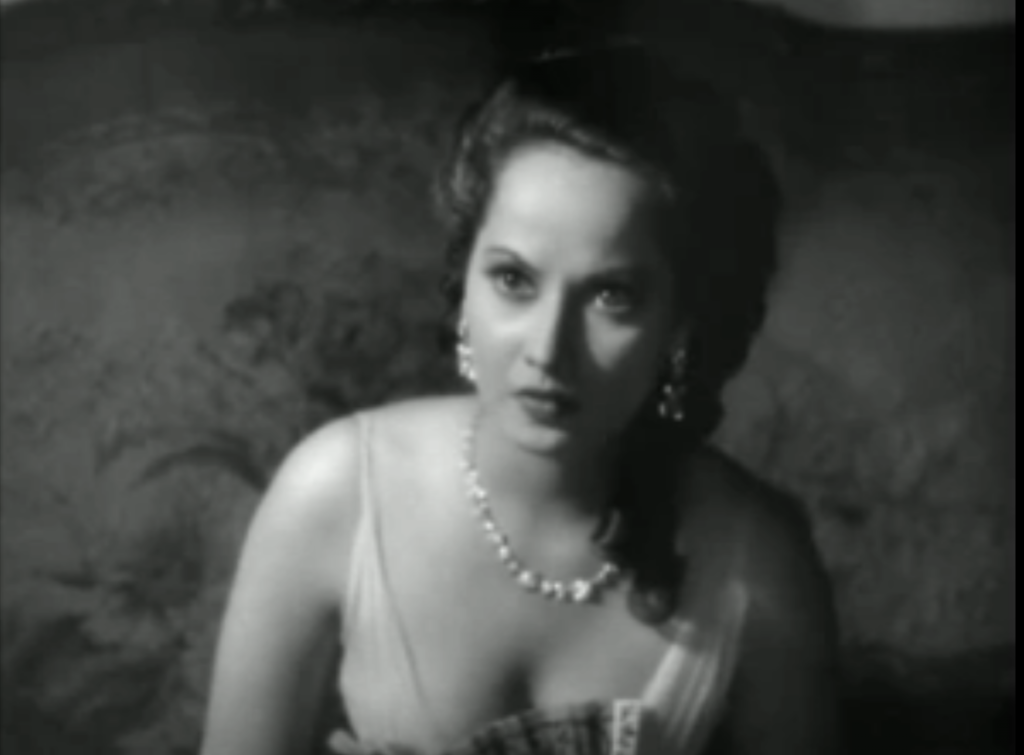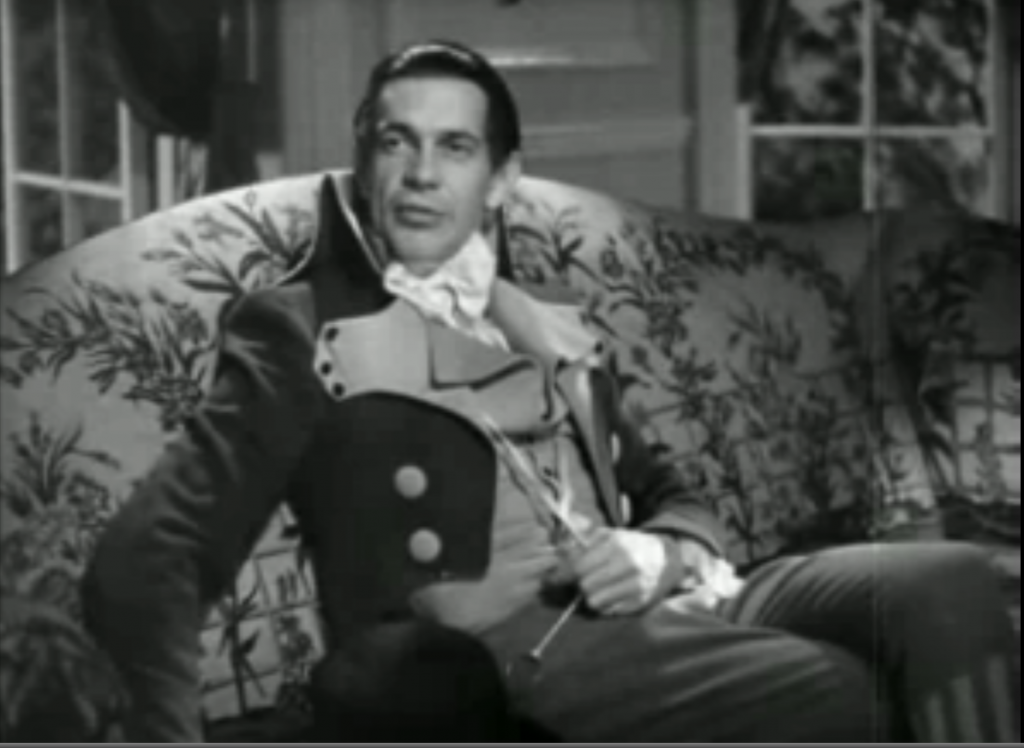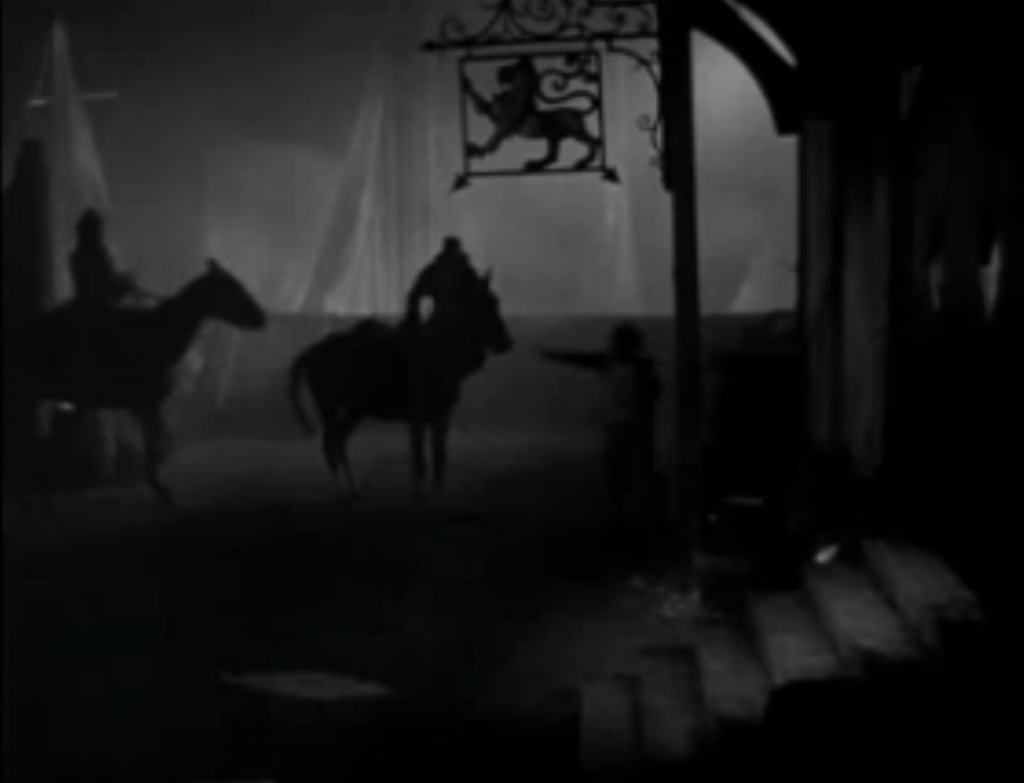|
Genres, Themes, Actors, and Directors:
- Dick Miller Films
- Falsely Accused
- Fantasy
- Mind Control and Hypnosis
- Past Lives
- Roger Corman Films
- Time Travel
- Witches and Wizards
Review:
Clearly an attempt to cash in on the “past lives craze” engendered by the release of The Search for Bridey Murphy (1956):
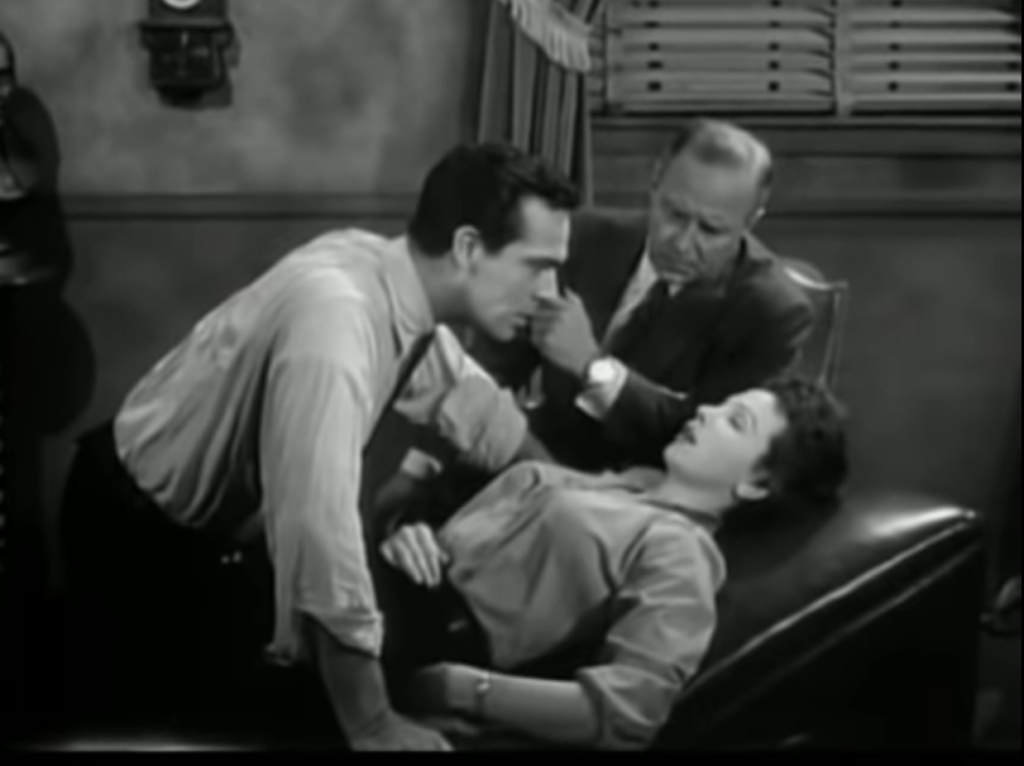
this fantasy-horror film was just one of nine low-budget flicks helmed by Roger Corman in 1957. For the first half-hour or so, it’s unclear why Corman’s screenwriters (Charles B. Griffith and Mark Hanna) even bothered with the past-lives angle, since their primary focus seems to be on the fate of Duncan-as-Helene:
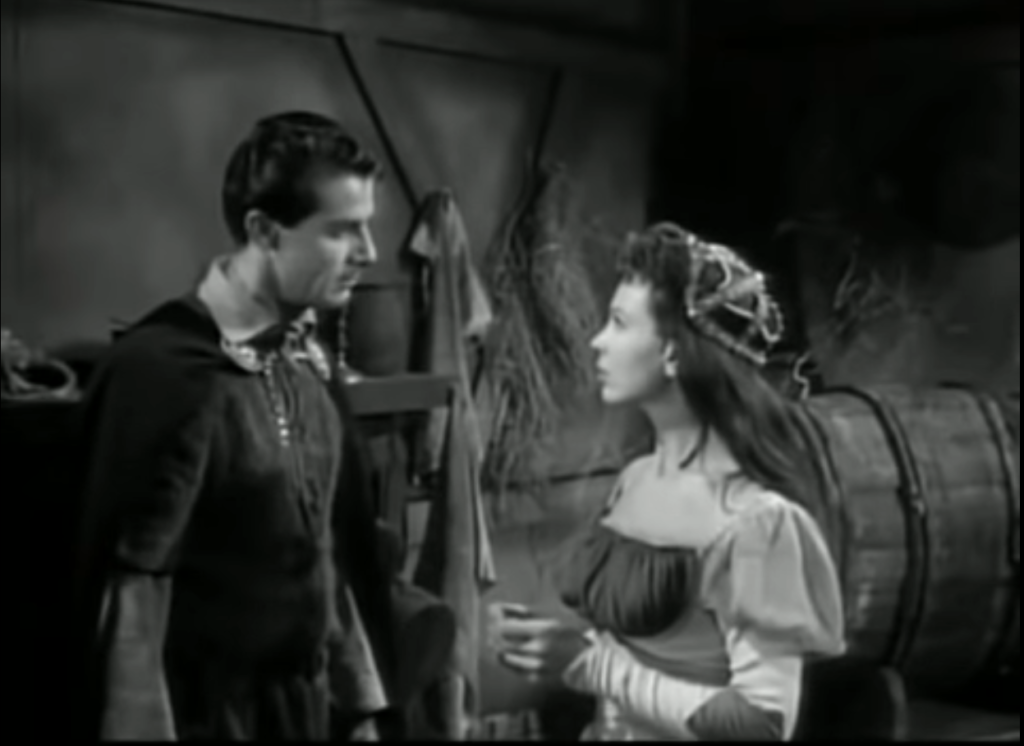
a medieval damsel falsely accused of witchcraft by jealous Allison Hayes (who covets her lover, Richard Garland). Eventually, however, the two storylines merge, as it becomes clear that Dufour’s questionable dabblings may have unexpectedly dire ramifications for his unwitting subject.
As with nearly all of Corman’s outings, The Undead is often laughably low-budget (viz. the way Hayes and her impish consort, played by Billy Barty:
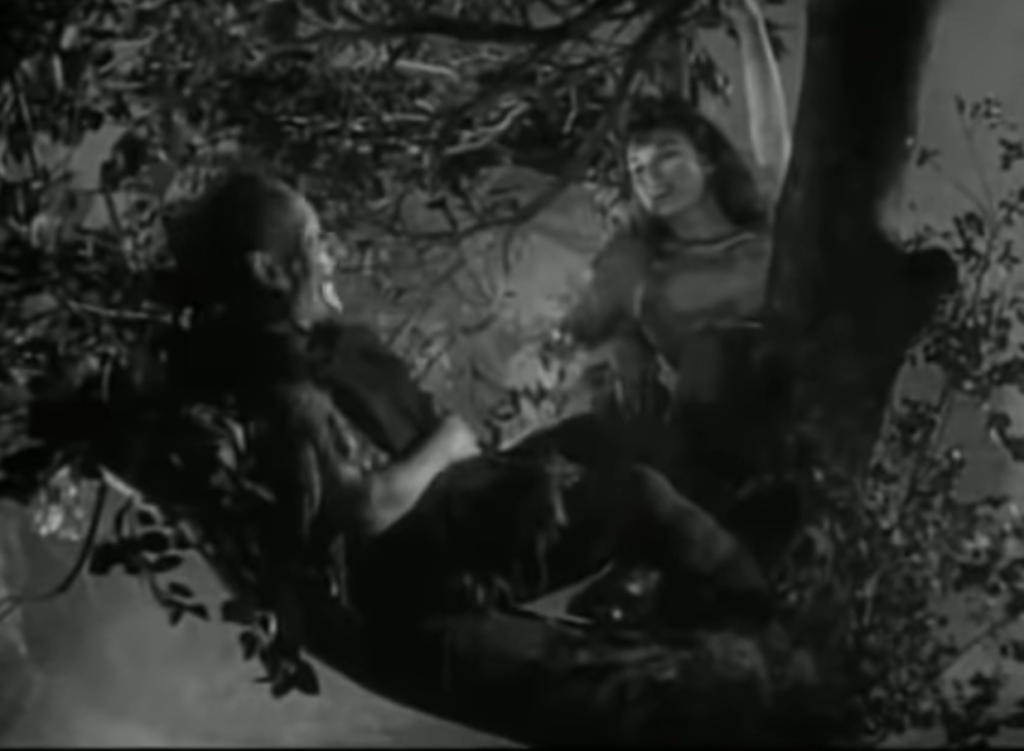
magically transform into rubber creatures on strings), and the storyline frequently defies all credibility (don’t even try to analyze it logically) — but, amazingly, it’s never boring. Corman’s gift was with taking any given scenario, stuffing it as full as possible from every exploitative angle, and moving quickly ahead, never leaving audience members with enough time to worry or wonder about what they’re seeing. In this particular case, he’s helped by a number of clever touches sprinkled throughout the screenplay — such as the little ditties sung by Mel Welles (as Smolkin the Gravedigger), in which he takes traditional nursery rhymes and turns them into macabre meditations on death:
Sing a song of graveyards, an acre full of germs /
Four and twenty landlords, dinner for the worms.
When the box was planted, the worms began to sing:
“Isn’t that a dainty dish to set before a thing?”
Meanwhile, Hayes gives a deliciously vampy performance as “bad witch” Livia:
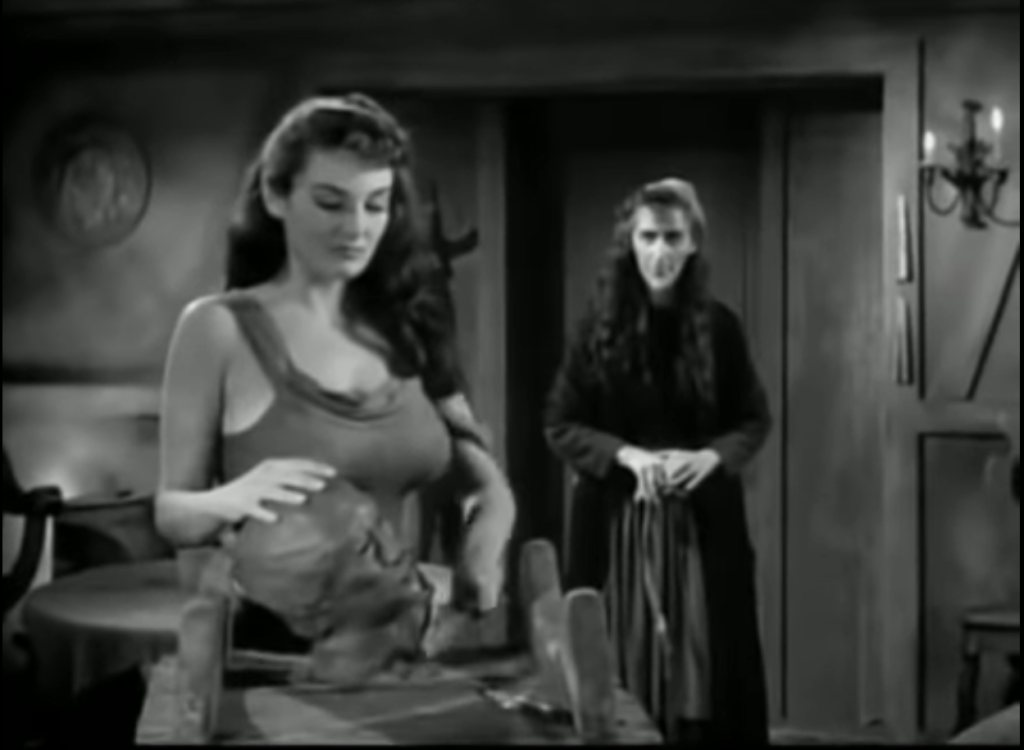
while Dorothy Neumann (in surprisingly effective low-budget make-up) is fine as her ugly but ultimately good-natured counterpart.
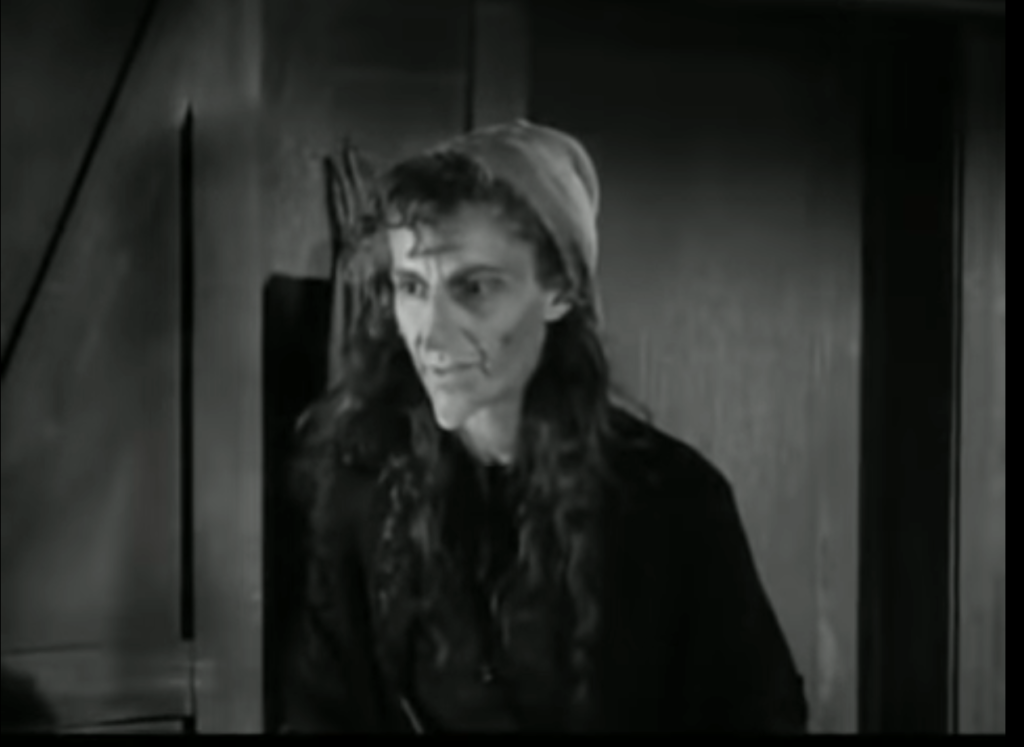
None of this is to defend The Undead as anything other than the low-budget exploitation flick it is, and it’s not must-see viewing — but there’s enough here to keep you reasonably entertained, if you’re in the right mood (especially if you check out the MST3K version, available on YouTube).
Redeeming Qualities and Moments:
- Mel Welles as Smolkin the Gravedigger
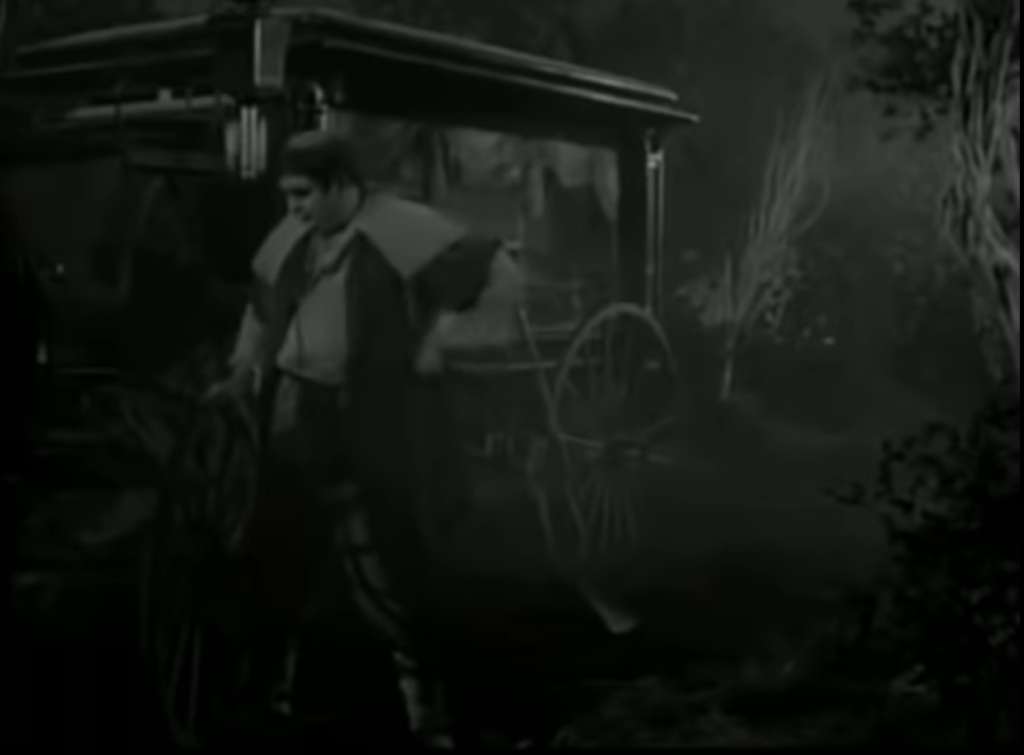
- Allison Hayes as Livia
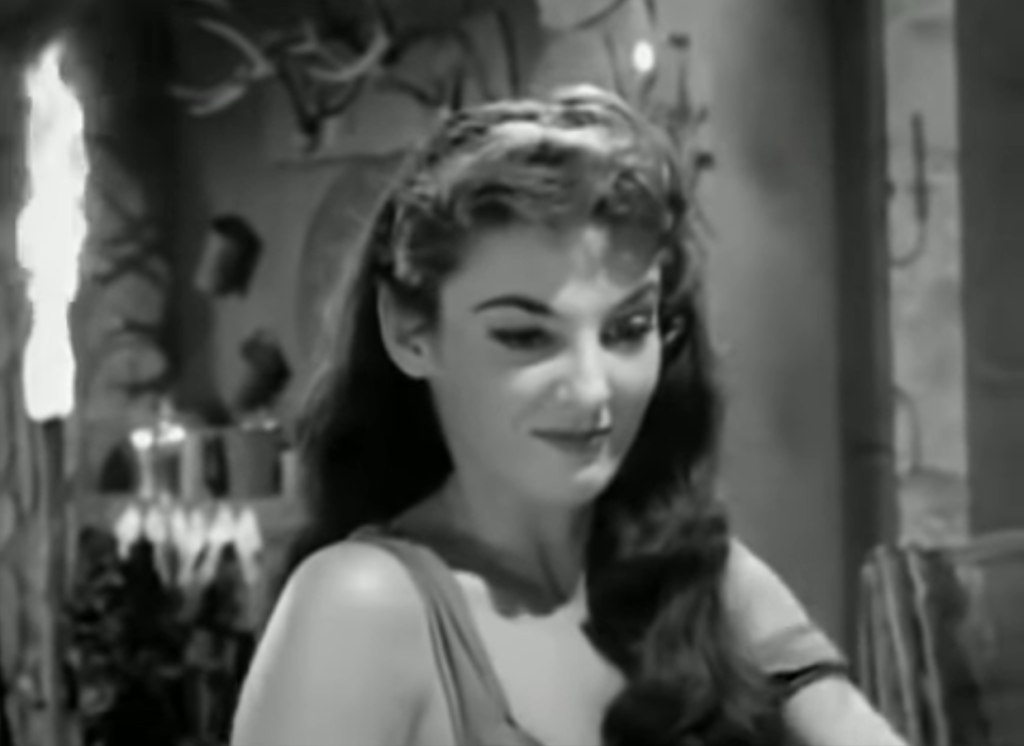
Must See?
No, though it’s worth a look for its campy cult value.
Links:
|
